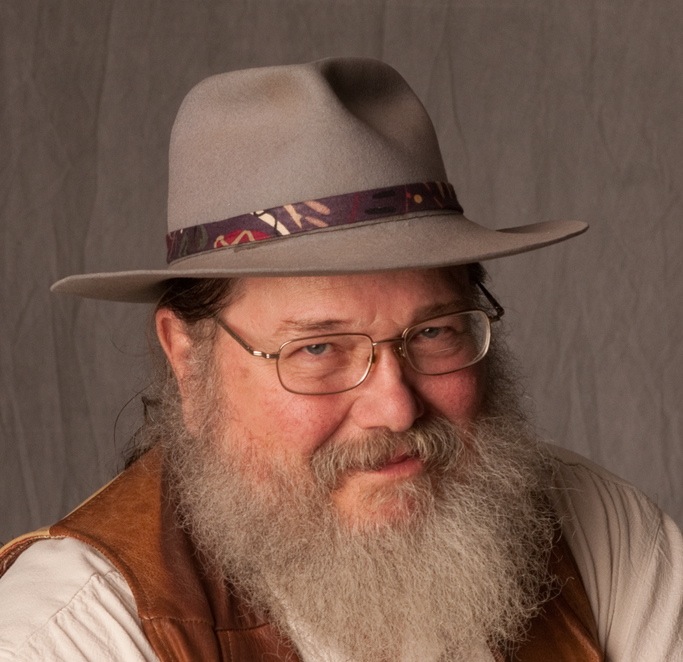“Like our travels, our workdays burned upon the world/lifting its inwards up in fire. Veiled in that power/our minds gave up the endless cycle of growth and decay/and took the unreturning way, the breathless distance of iron.”
–Wendell Berry, “Horses”
The lightning has been pitchforking across the eastern sky for 45 minutes. I breathe deeply of the moist, sage-laden air. The edge of the black cloud boils overhead. The chickens have been enjoying their daily furlough from the pen, looping crazily through the tall weeds after grasshoppers and scratching through the coyote gourd vine for sow bugs. Casino, the English bantam game rooster, nervously zigzags from hen to hen, working the field. He reminds me of so many pilots and quarterbacks I’ve known. Suddenly they’re all beelining for the shelter of the henhouse.
The first raindrops hit the ground like a handful of thrown nickels. The pine boughs toss in the stirring breeze. I head toward the chicken pen to close the gate and get the last of the day’s eggs. The hens are already huddled on the roost, muttering and shifting sideways—looking for that sweet spot. I doff my cap and place inside two coffee-colored eggs, three teal-colored ones from the Aracanas, and a tiny bantam egg that could have been carved from ivory.
Thunder booms and rattles my heart in my chest like … like an egg in a basket. I gasp and suck in deeply the smell of wet henhouse litter, straw, powdered chickens**t, ozone and wind. I am transported through time and space to a windswept West Virginia ridge on an early spring night in 1970.
I’d been living on a little 60-acre hardscrabble farm trying to learn to plow with horses. I picked the brains of all the old men and scavenged harnesses from abandoned homesteads. When I heard that a man who had lived with the Amish had moved into the Chapman farm out the Ranger Ridge I resolved to visit him. I rode my red mare the seven miles and wound up the steep muddy road past an orchard in full bloom and decaying buildings. In the dying light the pink petals mixed with the cold rain and plastered my poncho. I hallooed the house and heard a muffled response from the long chicken house.
A painfully tall man with thin blond hair leaned from the open chicken house door. “Come on in, I don’t want to lose the heat.” I found him sitting cross legged on a sleeping bag surrounded by an ocean of fuzzy yellow chicks. “The radio says it may freeze tonight so I’m babysitting these little ones.” A comforting funk of chicken, damp and litter swept over me as I sat on the sleeping bag.
He talked long into the night about his years with the Amish and his satisfaction at entering the ancient partnership of working the land with horses. I had a thousand questions and he had answers. He told me about the community threshing crews that traveled from farm to farm. There was one eccentric farmer who had a steep hill in the center of his otherwise flat fields. He insisted that the horse powered threshing machines be hauled to the top of the hill then all the wheat sheaves be moved by wagon to the site and threshed. Then the threshed wheat was hauled off the hill to the barns. A lot of extra labor was performed by the men and horses but no one ever suggested doing it differently.
I asked him how he got involved in horses. He picked some bits of straw from the feeder and looked up at the tin roof as the rain drummed a steady tattoo.
“I was the delivery boy for a big tack shop in Chicago. I was crazy about horses but my true love was the girl who worked in the shop. She was beautiful and funny. She showed the boss’ purebred Arabians all over the country at competitions. The boss was connected—as in mafia. She was pregnant. We were going to elope that very day. We planned to meet later and begin our new life together.
“I was out on a delivery when the boss sent my true love out to move his Cadillac because a truck needed to unload some saddles. The bomb destroyed the car and all my dreams.”
I thought I was just going to gather the eggs but a smell took me on a much longer journey.

